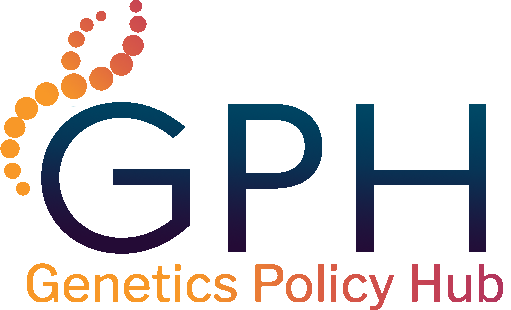From 2004 to 2024, the Health Resources and Services Administration (HRSA) funded the National Coordinating Center for the Regional Genetics Networks (NCC). NCC developed and maintained the Genetics Policy Hub.
With the conclusion of NCC funding, the Genetics Policy Hub (GPH) will no longer be updated or maintained. Information on GPH should be used for historical reference only.
Gene Therapy
Updated On Sep 19, 2024
This information is meant to be used for educational purposes to inform providers, patients, and genetic service delivery stakeholders about genetics policy topics. Sharing of information, resources, or policy statements is no way an endorsement of stated positions by NCC.
Introduction
For more information on gene therapy, including a discussion of the ethics surrounding gene therapy, please visit the MedlinePlus website. MedlinePlus is maintained by the National Institute of Health, U.S. National Library of Medicine.
Genetic technologies, such as genome therapy, raise practical and ethical questions. Some worry that these technologies could cause more harm than good. For example, if a gene is introduced in the wrong place in a person’s genetic code, it could cause other genes to not function anymore. This could cause larger health problems than the one it was deployed to correct. One such case occurred in 2003, when the FDA had to halt a clinical trial on X-linked severe combined immune deficiency disorder (SCID) due to it causing leukemia; more information on that trial can be found here.
As explained in the MedlinePlus article above, some worry that these technologies could be used for non-health related reasons. For example, could people use gene therapy to increase height simply to make someone a better basketball player? How does one draw a line between permissible vs impermissible gene therapy? Whose right is it to make these decisions?
Legislation and Regulation
Are you interested in learning what your state’s government or the federal government are currently proposing for either legislation or regulation? Check out Legislative/Tracking system for up-to-date information and subscribe to our Twitter channel to get the latest updates in your pocket.

